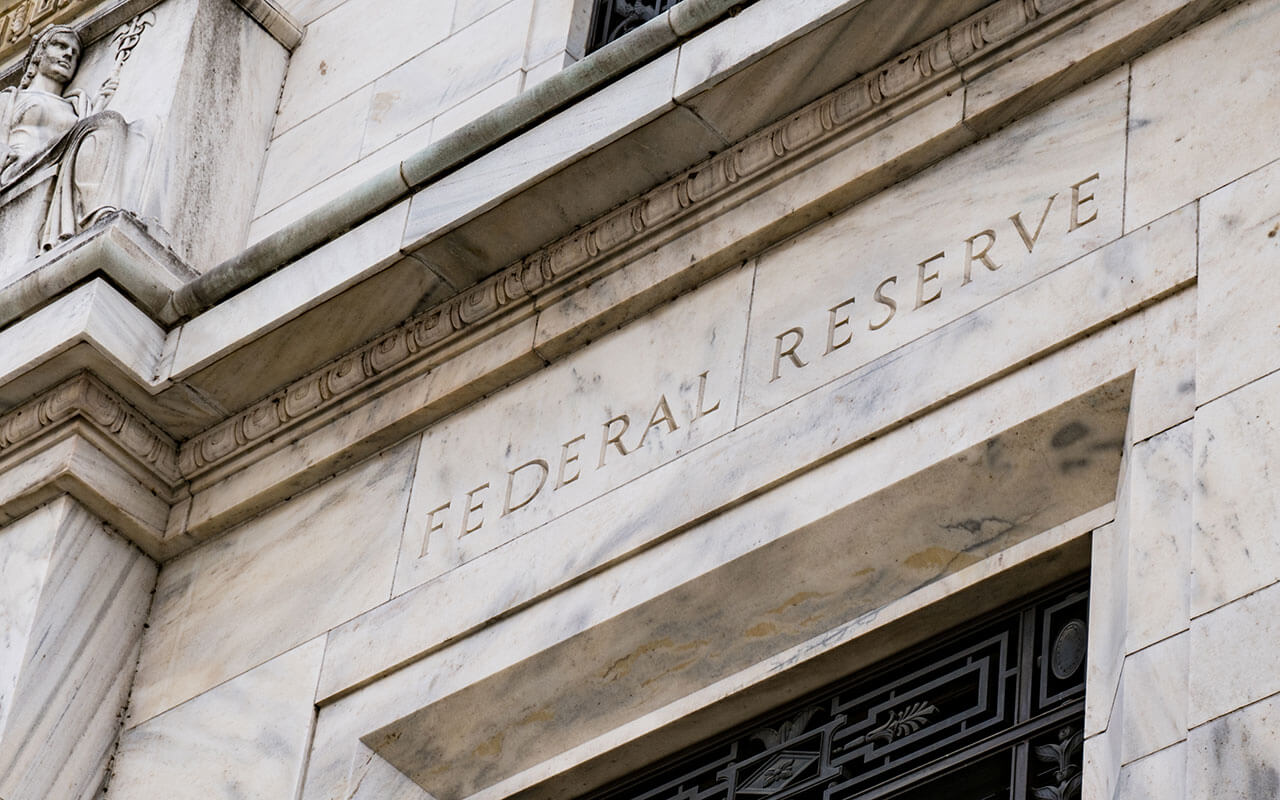Market Conditions Point to Rate Cuts, Says Tom Lee
13.03.2025 21:00 2 min. read Alexander Zdravkov
Investor Tom Lee has expressed his belief that the market's reaction to the Trump administration’s tariffs was overly dramatic.
In a recent interview with CNBC, Lee noted that the U.S. Federal Reserve is now positioned to lower interest rates, with inflation pressures showing signs of easing. He highlighted that the chances of a rate cut in May are rising, with predictions suggesting a 33% probability of a 0.25% reduction.
Lee also mentioned the concept of a “Trump put,” implying that the government may step in to stabilize markets if needed. He pointed to a recent incident where Tesla’s stock plummeted, only for Trump to comment on the situation, hinting at potential intervention in the future.
Turning to the stock market, Lee sees significant opportunities in undervalued stocks, particularly those that have experienced sharp declines. However, when it comes to cryptocurrencies, Lee cautioned that assets like Bitcoin may not be shielded from broader market volatility. He referenced technical analysis predicting a potential dip to $62,000 for Bitcoin by the end of March.
Despite this, Lee remains optimistic about Bitcoin’s long-term value, emphasizing that even at $62,000, Bitcoin has shown remarkable growth from its humble beginnings. He believes that Bitcoin’s role as a store of value, akin to gold, will continue to strengthen over time, even if it faces challenges in the short term.
-
1
Billionaire Slams Meme Stock Hype and Sounds Alarm on U.S. Fiscal Health
15.06.2025 18:00 2 min. read -
2
Nassim Taleb Says Global Trust Is Shifting from the Dollar to Gold
22.06.2025 17:00 1 min. read -
3
Geopolitical Shockwaves Hit Ethereum Hard While Bitcoin Stays Resilient
22.06.2025 16:21 1 min. read -
4
U.S. Recession May Already Be Locked In, Economist Warns
23.06.2025 12:00 1 min. read -
5
Tom Lee Warns Fed Could Trigger Market Turmoil With Delayed Pivot
22.06.2025 19:00 3 min. read
Robert Kiyosaki Predicts When The Price of Silver Will Explode
Robert Kiyosaki, author of Rich Dad Poor Dad, has issued a bold prediction on silver, calling it the “best asymmetric buy” currently available.
U.S. PCE Inflation Rises for First Time Since February, Fed Rate Cut Likely Delayed
Fresh data on Personal Consumption Expenditures (PCE) — the Federal Reserve’s preferred inflation gauge — shows inflation ticked higher in May, potentially delaying the long-awaited Fed rate cut into September or later.
Trump Targets Powell as Fed Holds Rates: Who Could Replace Him?
Federal Reserve Chair Jerome Powell is once again under fire, this time facing renewed criticism from Donald Trump over the Fed’s decision to hold interest rates steady in June.
U.S. National Debt Surge Could Trigger a Major Crisis, Says Ray Dalio
Billionaire investor Ray Dalio has sounded the alarm over America’s soaring national debt, warning of a looming economic crisis if no action is taken.
-
1
Billionaire Slams Meme Stock Hype and Sounds Alarm on U.S. Fiscal Health
15.06.2025 18:00 2 min. read -
2
Nassim Taleb Says Global Trust Is Shifting from the Dollar to Gold
22.06.2025 17:00 1 min. read -
3
Geopolitical Shockwaves Hit Ethereum Hard While Bitcoin Stays Resilient
22.06.2025 16:21 1 min. read -
4
U.S. Recession May Already Be Locked In, Economist Warns
23.06.2025 12:00 1 min. read -
5
Tom Lee Warns Fed Could Trigger Market Turmoil With Delayed Pivot
22.06.2025 19:00 3 min. read

